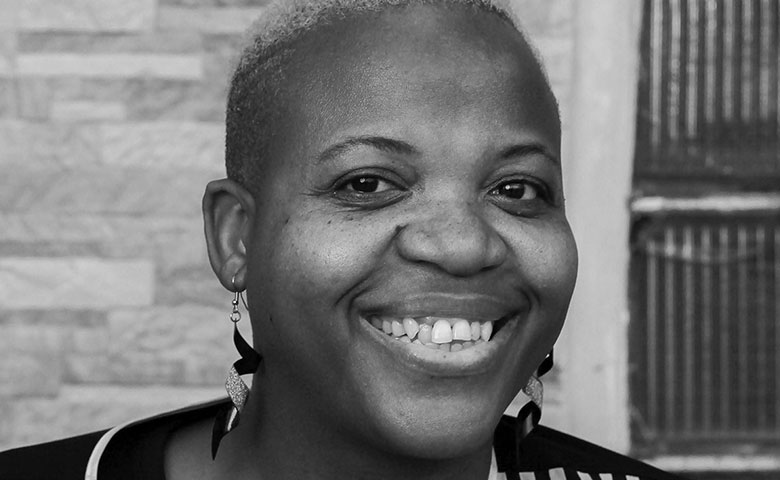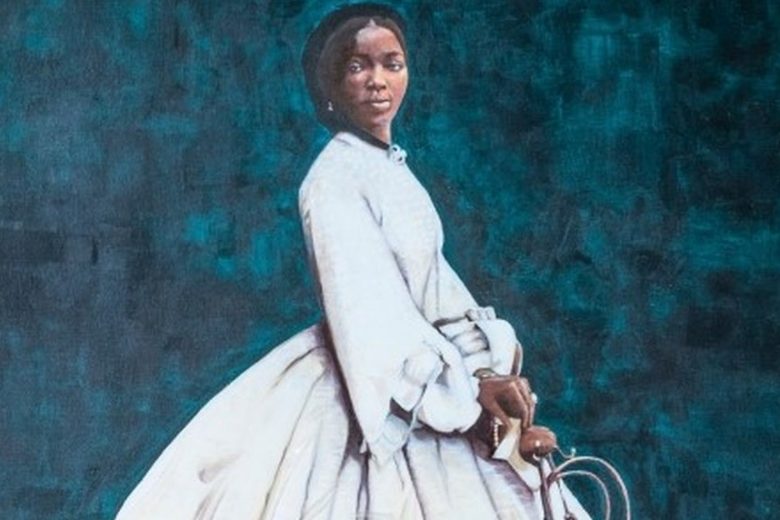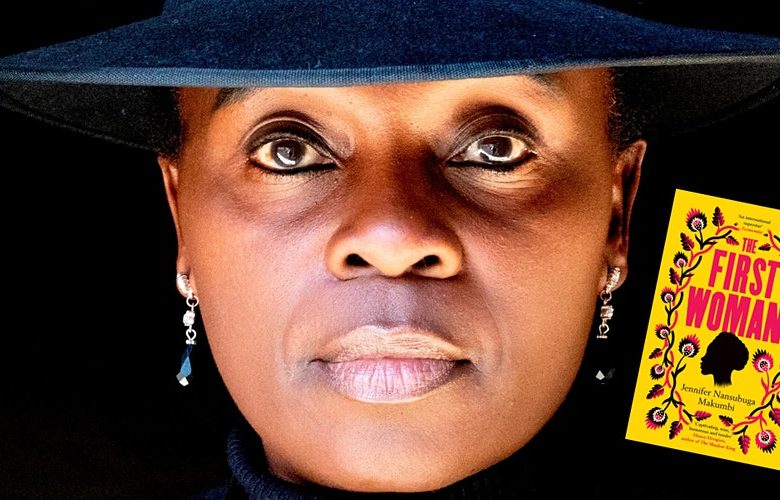For many Africans on the continent engaged in their various pursuits as professionals in their respective fields, Business Owners and Creatives, that was life. Normal life at least, until the Covid-19 Pandemic. When African countries began recording confirmed cases of the virus and subsequently, imposing restrictions in efforts to flatten the curve, these lives did not stop.
Rather, an admirable resilience and adaptation to doing things differently quickly became evident. In this Covid-19 African Stories series, I aim to highlight what these African Forces for Change are doing to remain motivated and (or) change lives as well as how their personal lives have been impacted by the pandemic. These are not your typical African sob stories but ones intended to inspire hope and provide the much needed confirmation that we are in this together and will surely overcome.
South African Author and Journalist Zukiswa Wanner, a Kenyan resident, has been one busy person. From 23rd March to 30th March 2020, when Kenya had already confirmed Covid-19 cases, Zukiswa curated the Afrolit Sans Frontières Virtual Literary Festival. The name probably inspired by the well-known Médecins Sans Frontières (Doctors Without Borders) Medical Humanitarian Organization, this virtual festival indeed lived up to its intent to cross borders during this time of social distancing, partial and total lockdowns in many countries, by hosting 16 African Writers drawn from 10 African countries. These Writers in 15 different cities were given a virtual platform to share their original work to a global audience in a vibrant mélange of English, French, Lingala and Portuguese languages. See www.jamesmurua.com/a-snapshot-of-the-afrolit-sans-frontieres-virtual-literary-festival
I interviewed Zukiswa Wanner and very quickly was wowed by what an impressive resume she has built. She is renowned for her writing as much as for her organizational skills. In 2010, she founded Read SA, a literary initiative in South Africa to conscientise South Africans of all ages to the exciting but then little-known post-apartheid South African literature. Through this initiative, she and 20 writers conducted literacy and writing workshops in 70 schools and 6 universities over a two year period.
She co-facilitated the Femrite workshop in Uganda in 2013. Then in Nairobi in 2014, she was commissioned by CEFA Kenya to take over the curation of a literary project that had fallen on the wayside. The project resulted in an anthology of poetry and prose, The Fifth Draft. One of the stories in the anthology received a special mention for the Caine Prize for African Writing in 2015.
A year later, Wanner not only facilitated the Caine Prize for African Writing in Elmina, Ghana but she curated four discussions, Displacement and Refuge for the joint Goethe-Institut and Alliance Francais discussion on Forced Migration. Her execution of this panel discussion resulted in her being asked to pitch for an arts-centered event at Goethe-Institut Nairobi leading to the birth of Artistic Encounters in 2017.
In spite of her work on the Artistic Encounters project in the last three years, she also managed to conceive, coordinate and edit the Afro Young Adult project in 2018-2019. Aware that there is minimal African fiction for 13-19 year olds, who are an important demography on the continent, she did a call out for short stories, receiving 435 stories from 28 African countries in English, French and Kiswahili. Fifty two writers were selected to take part in eight workshops with published writers as facilitators in Kigali, Nairobi, Dakar, Johannesburg, Accra, Lome, Dar es Salaam and Lagos.
After workshops, the stories were further edited and 17 stories from 17 writers from 13 African countries made it into the anthology Water Birds on the Lakeshore which was published by African publishers in English, French and Kiswahili and launched at the Aké Festival in Lagos in 2019 and in Johannesburg in February 2020.
Wanner boasts of the Authored Titles, The Madams (2006), Behind Every Successful Man (2008), Men of the South (2010) London Cape Town Joburg (2014) and has also written a satirical nonfiction Maid in SA: 30 Ways to Leave Your Madam (2013) and a literary travel memoir Hardly Working (2018). Her children’s books are Jama Loves Bananas (2011) and Refilwe (2014) which has recently been adapted into a stage play for children’s theatre as commissioned by the Bernie Grants Arts Centre, UK. And most recently, Africa: A True Book (2019).
Wanner also co-edited Behind The Shadows, an African-Asian anthology with Indian writer Rohini Chowdhury and co-founded a South-South story and essay-sharing platform with Mexican writer Luis Felipe Lomeli, where writers can share stories or essays in English, French, Spanish or Portuguese and translators who like the stories enough can translate for wider audiences.
She is one of the contributors and publisher of the pan-African children’s short story anthology Story Story, Story Come (2018) which has been translated into Shona, isiXhosa, Tshivenda and Kiswahili. Wanner has been a columnist for Mail & Guardian (SA), The Nation (Kenya), True Love (South Africa) and New African. She has also written for publications like The Observer (UK) and New York Times.
Her accolades include being shortlisted for the Commonwealth Prize Best Book (2011), selection as one of 39 African writers likely to shape the narrative of literature in 2014, K. Sello Duiker Award for Fiction (2015) and being one of the contributors to the anthology New Daughters of Africa (2019). She has judged the Etisalat Prize for Fiction (2015), the Commonwealth Short Story Prize (2016) and sits on the Advisory Board of Aké Arts and Book Festival.
Most recently, she curated and participated in the online literary festival Afrolit Sans Frontières in the wake of the Covid-19 pandemic to keep readers entertained. It run from 23-30 March. Here is some more from Zukiswa:
What inspired the Afrolit Sans Frontières Virtual Literary Festival and what has the experience been like?
What inspired it was the need to share stories to a captive audience that’s staying at home. It was fun to do and I have certainly enjoyed the writers I have worked with.
As an African Writer, how has the Covid-19 Pandemic impacted you?
Apart from three cancelled gigs including the launch of a book I worked on, it hasn’t really impacted me as much as other writers. It has just made me more innovative and given me much needed time to edit.
Do you feel that African Governments need to do more to support writers especially at this time when the Kenyan President has expressed his intent on offering some monetary support to artists: Actors and Musicians?
I think African governments need to do more support on arts in general but I’m not holding my breath. The arts can change lives. But, excuse my cynicism, I am not entirely sure that the monies will get to the actors and musicians who deserve it, those who are creating work but, hopefully it will.
What are your plans literary wise post-Covid-19 and is Afrolit something you intend to be continuous?
Hopefully, I will have completed my two manuscripts (a children’s book and a novel respectively) and can send the first drafts to my agent. As for Afrolit, definitely. During Covid-19, we’d like to do it monthly (so the next one is 20-27) but after, we hope to do it annually.
The second edition of Afrolit Sans Frontières is going on now till the 27th of April. Visit the Festival’s official Instagram account to get details and see how you can enjoy some of the literary works. You may also check their Twitter @AfrolitSansFro1 or www.jamesmurua.com





